Shenzhen Wesort Optoelectronics Co., Ltd.
Address:Building 29, Longwangmiao Industrial Zone, Fuyong street, Bao'an District, Shenzhen, Guangdong Province, China.
Phone:+86 181 2370 6862
A color sorter is a sophisticated piece of equipment that plays a crucial role in sorting a wide range of materials based on their visual characteristics. Here's a detailed look at what it does:
1. Visual Detection and Analysis
Color Identification: The primary function of a color sorter is to distinguish different colors. It uses high - resolution cameras or optical sensors to capture the visual appearance of objects as they pass through the sorting chamber. For example, in a rice - sorting application, it can tell the difference between pure white grains and those with a yellowish tint, which might indicate spoilage or immaturity.
Shape and Size Analysis: In addition to color, many modern color sorters can also analyze the shape and size of objects. They use advanced image - processing algorithms to determine if an object has the correct geometric characteristics. For instance, in the sorting of nuts, it can identify nuts that are broken or have an irregular shape, in addition to color differences.

2. Sorting Based on Criteria
Separation of Defective and Non - Defective Items: One of the most important functions is to separate defective or unwanted materials from the good ones. In the food industry, for example, it can remove discolored grains, fruits with blemishes, or nuts with cracks. In industrial applications such as plastics recycling, it can separate plastics of the wrong color or those that are contaminated.
Grading and Classification: Color sorters can also grade materials according to specific quality standards. For example, in the sorting of coffee beans, they can classify beans into different grades based on color, which often correlates with flavor and quality. In the mining industry, ores can be sorted and graded according to their mineral content and quality as determined by color and other visual features.
3. High - Speed and Precision Sorting
Efficient Throughput: Color sorters are designed to handle a large volume of materials in a relatively short time. They can operate at high speeds, sorting thousands of objects per minute. This high - speed sorting capability is essential for industries that deal with large - scale production, such as agriculture and food processing.
Precision Sorting: Despite the high speed, color sorters maintain a high level of precision. The accuracy of their sorting depends on the sophistication of the optical and image - processing systems. The better - quality sorters can achieve a very high level of accuracy, ensuring that only the desired materials are selected and the rest are effectively removed.
4. Customizable Sorting Parameters
Adjustable Criteria: Users can adjust the sorting criteria according to their specific needs. For example, in a seed - sorting operation, the operator can set the color range for acceptable seeds, as well as the tolerance for shape and size deviations. This flexibility allows the color sorter to be used for a wide variety of materials and different quality requirements.
Multiple - Criteria Sorting: Some advanced color sorters can sort based on multiple criteria simultaneously. For example, in the sorting of gemstones, they can consider color, transparency, and shape all at once to separate high - quality gemstones from lower - quality ones and waste materials.
A color sorter is a sophisticated piece of equipment that plays a crucial role in sorting a wide range of materials based on their visual characteristics. Here's a detailed look at what it does:
1. Visual Detection and Analysis
Color Identification: The primary function of a color sorter is to distinguish different colors. It uses high - resolution cameras or optical sensors to capture the visual appearance of objects as they pass through the sorting chamber. For example, in a rice - sorting application, it can tell the difference between pure white grains and those with a yellowish tint, which might indicate spoilage or immaturity.
Shape and Size Analysis: In addition to color, many modern color sorters can also analyze the shape and size of objects. They use advanced image - processing algorithms to determine if an object has the correct geometric characteristics. For instance, in the sorting of nuts, it can identify nuts that are broken or have an irregular shape, in addition to color differences.

2. Sorting Based on Criteria
Separation of Defective and Non - Defective Items: One of the most important functions is to separate defective or unwanted materials from the good ones. In the food industry, for example, it can remove discolored grains, fruits with blemishes, or nuts with cracks. In industrial applications such as plastics recycling, it can separate plastics of the wrong color or those that are contaminated.
Grading and Classification: Color sorters can also grade materials according to specific quality standards. For example, in the sorting of coffee beans, they can classify beans into different grades based on color, which often correlates with flavor and quality. In the mining industry, ores can be sorted and graded according to their mineral content and quality as determined by color and other visual features.
3. High - Speed and Precision Sorting
Efficient Throughput: Color sorters are designed to handle a large volume of materials in a relatively short time. They can operate at high speeds, sorting thousands of objects per minute. This high - speed sorting capability is essential for industries that deal with large - scale production, such as agriculture and food processing.
Precision Sorting: Despite the high speed, color sorters maintain a high level of precision. The accuracy of their sorting depends on the sophistication of the optical and image - processing systems. The better - quality sorters can achieve a very high level of accuracy, ensuring that only the desired materials are selected and the rest are effectively removed.
4. Customizable Sorting Parameters
Adjustable Criteria: Users can adjust the sorting criteria according to their specific needs. For example, in a seed - sorting operation, the operator can set the color range for acceptable seeds, as well as the tolerance for shape and size deviations. This flexibility allows the color sorter to be used for a wide variety of materials and different quality requirements.
Multiple - Criteria Sorting: Some advanced color sorters can sort based on multiple criteria simultaneously. For example, in the sorting of gemstones, they can consider color, transparency, and shape all at once to separate high - quality gemstones from lower - quality ones and waste materials.
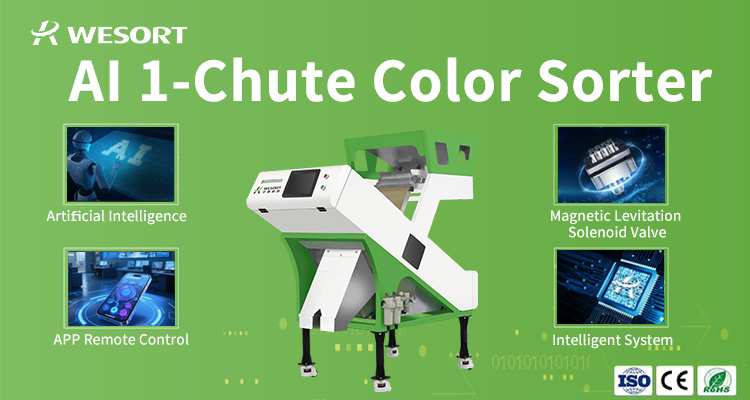
In modern agriculture, food processing, and recycling, quality control plays a vital role. This is where an optical sorter comes in. Many buyers often ask: What is an optical sorter? What does it do? How much does it cost? And how is WESORT optical...
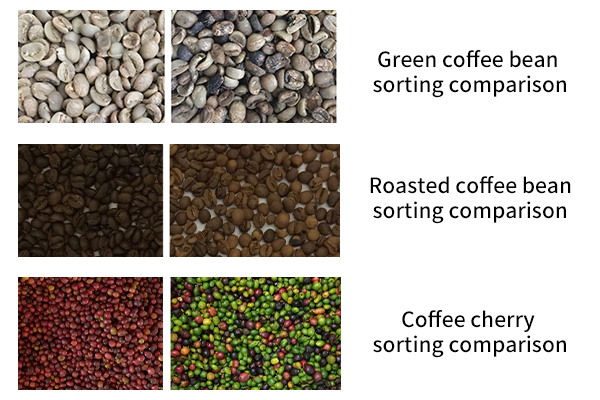
In the coffee industry, the quality of the final cup often depends on the smallest details during processing. One crucial step is removing defective beans, foreign materials, and color inconsistencies. This is where a coffee bean color sorter plays...

Coffee processing is a complex and meticulous task that involves several stages to transform raw coffee cherries into the high-quality beans we enjoy in our morning brew. One crucial step in this process is the sorting of coffee beans based on thei...

In the world of walnut processing, even the smallest imperfection can significantly impact product quality, market price, and brand reputation. Mold, insect damage, broken pieces, or inconsistent color are common defects that reduce the value of wa...
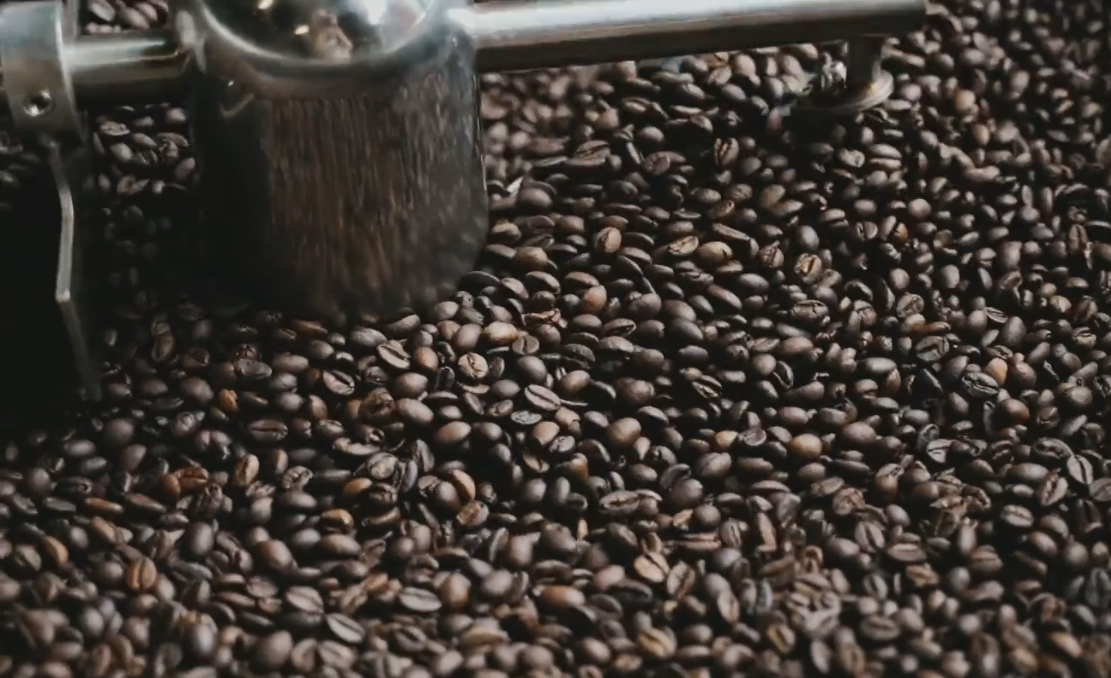
From green bean exporters to specialty coffee roasters, every producer faces the same challenge: how to remove defects efficiently while protecting valuable beans. Problems such as mold, fermentation damage, insect bites, black beans, broken beans,...
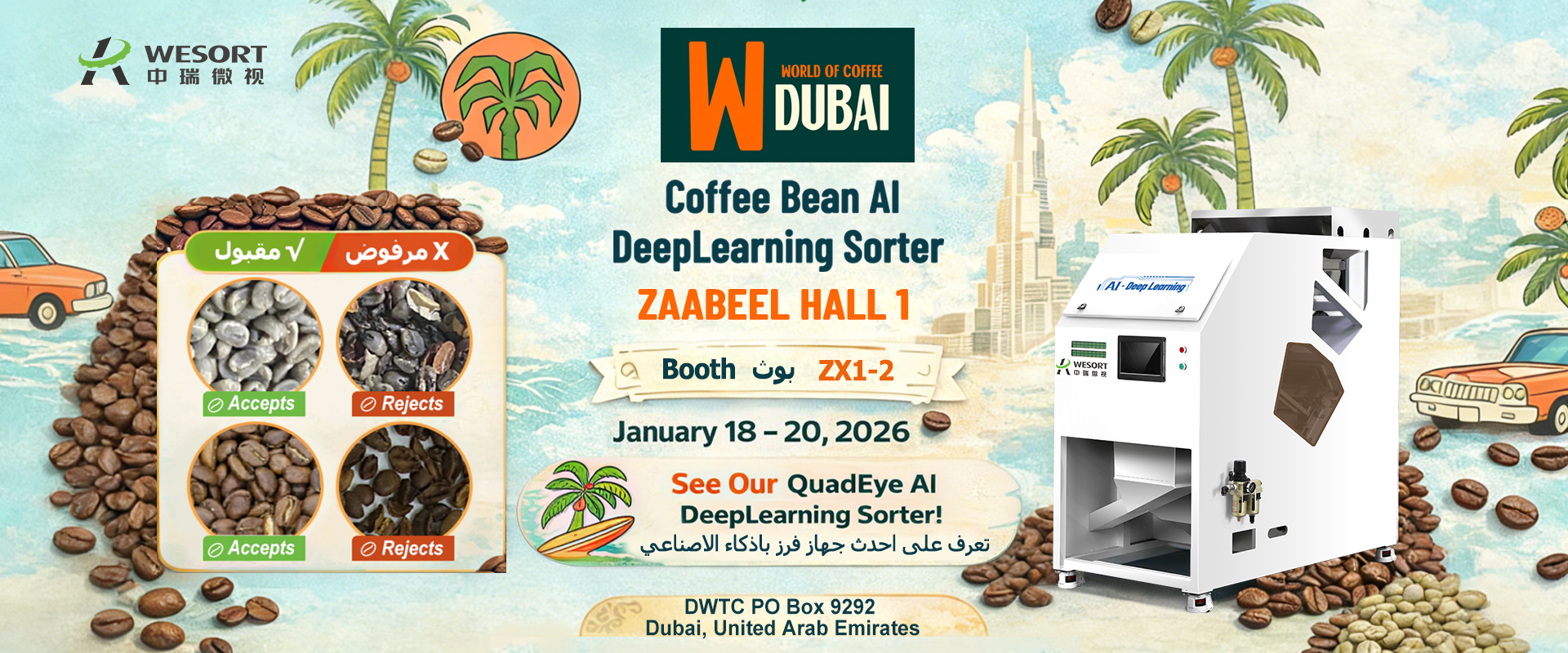
To meet the growing demand for premium and specialty coffee, sorting accuracy must go beyond traditional color-based systems. The QuadEye 360 AI Coffee Bean Sorter, developed by WESORT, represents the next generation of intelligent coffee bean so...
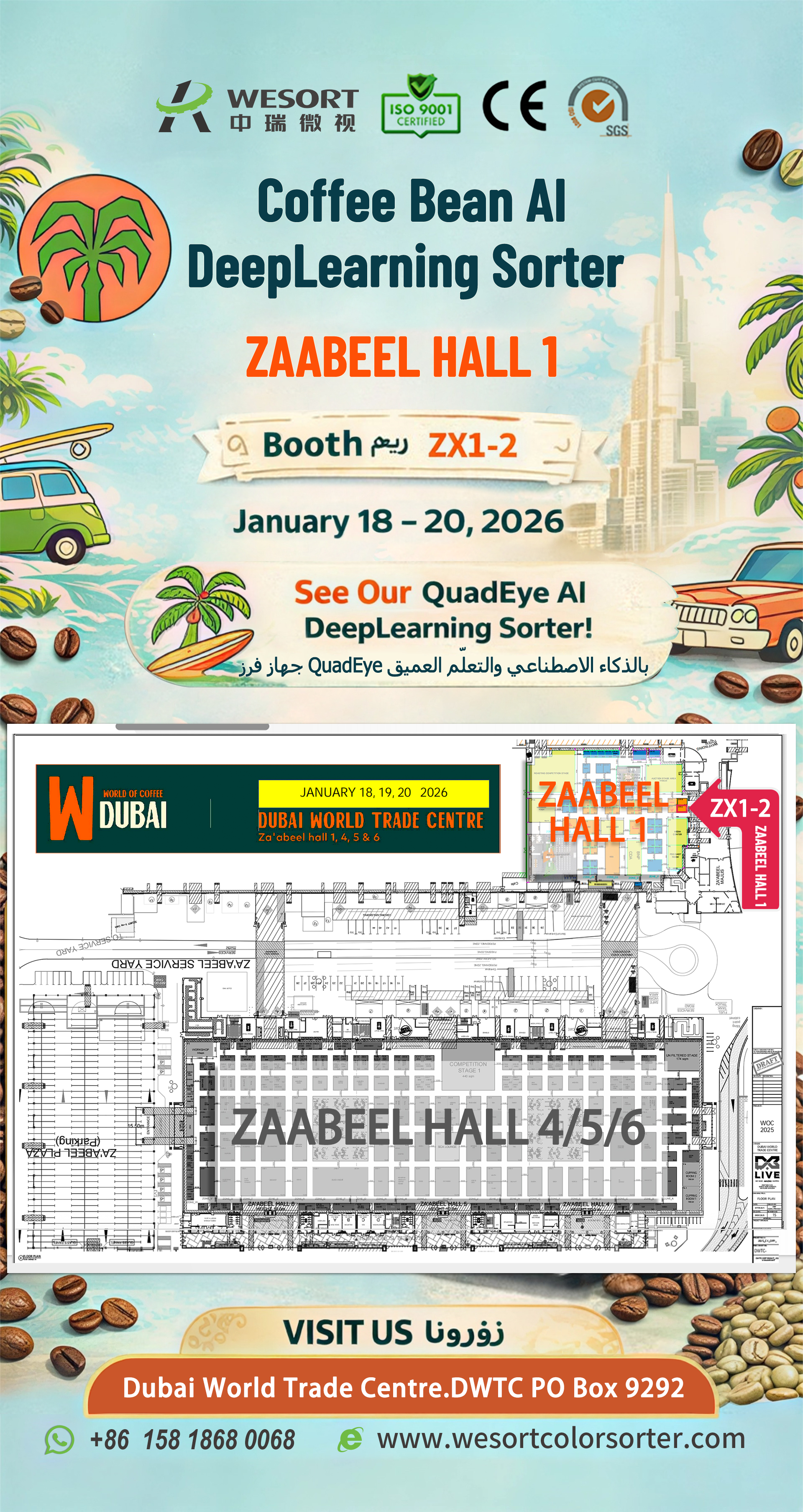
Dear friend, If you are attending World of Coffee Dubai 2026. we would like to invite you to visit WESORT. We will showcase our QuadEye 360 AI Coffee Bean Sorter, featuring 360° four-side inspection, AI deep learning models, near-zero breakage,...

Meta Description: Looking for the top hazelnut sorting machine manufacturer? WESORT offers advanced hazelnut color sorters with AI deep learning to efficiently remove defects, pests, and foreign materials. Boost your hazelnut processing efficienc...
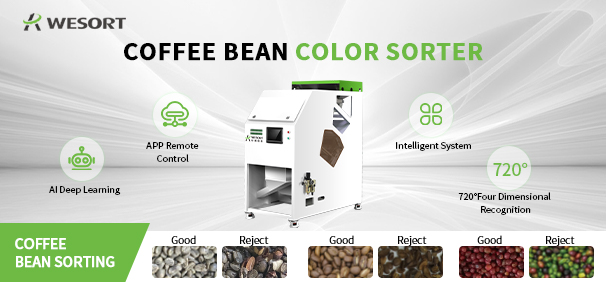
With the growing popularity of specialty coffee, the purity of coffee beans determines the aroma and taste of a cup of coffee. Achieving 99.9% purity requires high-performance coffee bean sorting equipment. Among Chinese coffee bean color sorter ma...
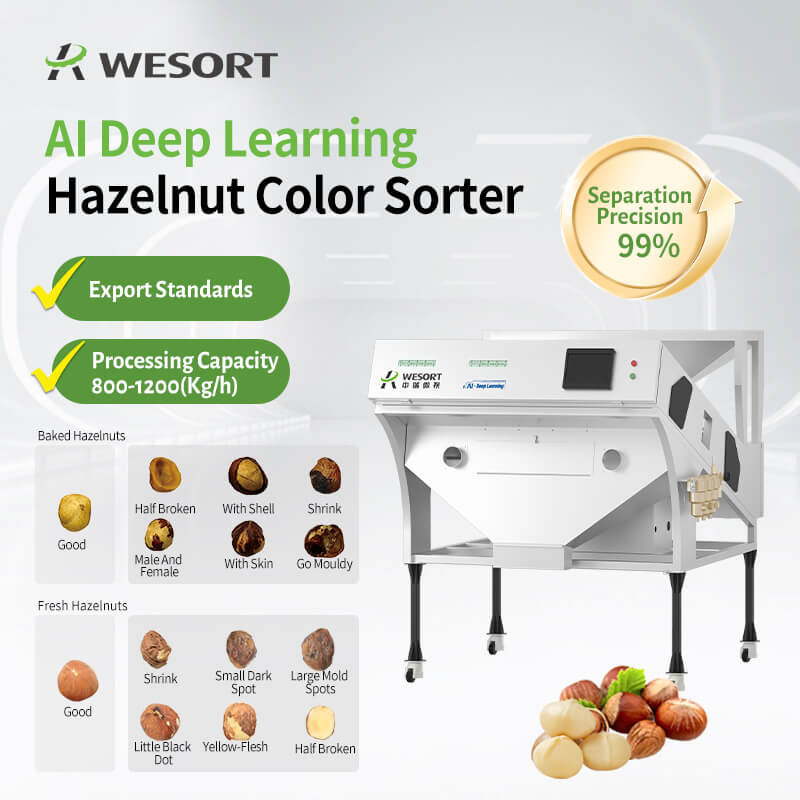
What's the most vexing issue in the hazelnut industry chain? It's not yield, but quality. Defects like mold, wrinkled skin, and foreign matter not only reduce product value but can also put export orders at risk. The solution isn't to increase the ...
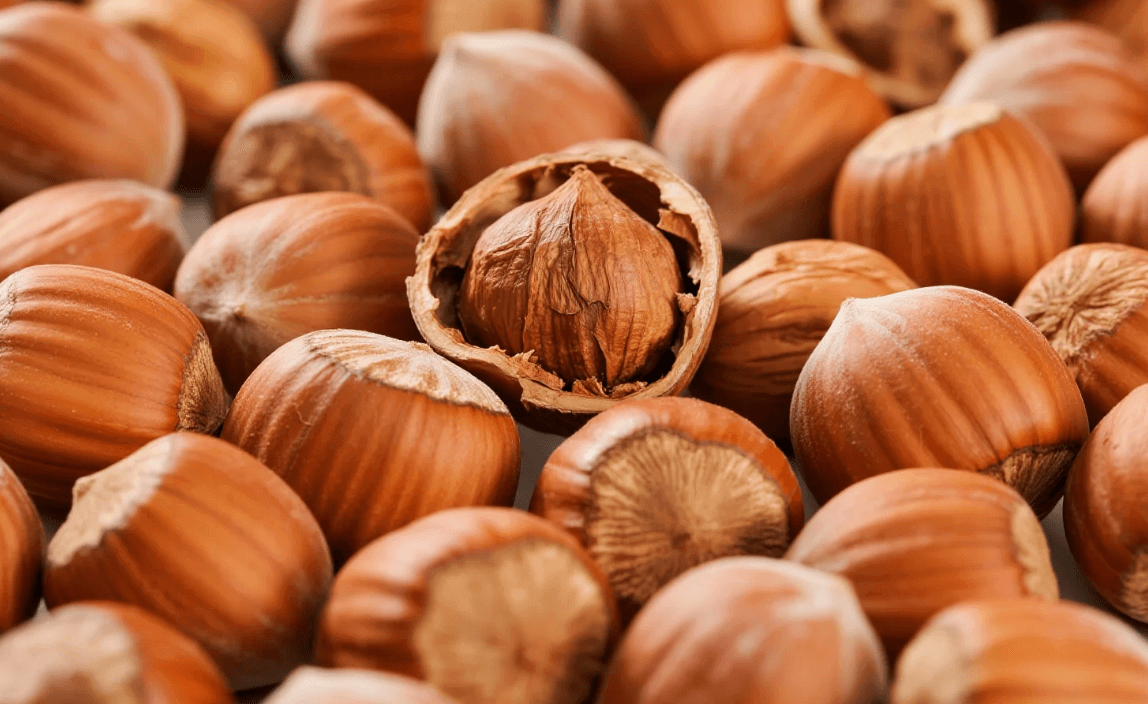
Every hazelnut tells a story—about the soil it grew in, the care during harvest, and the precision of its processing. Yet between farm and final product, hidden defects like mold, insect damage, and discoloration can turn premium hazelnuts into cos...
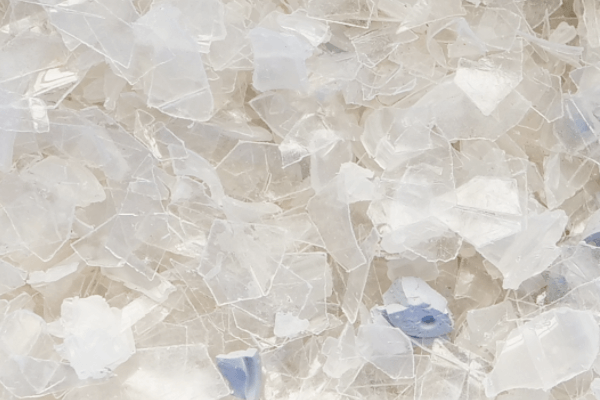
Plastic waste recycling is one of the most pressing challenges in today’s sustainability-driven world. Proper plastic sorting ensures high-quality recycled materials, reduces environmental impact, and improves profitability for recycling businesses...
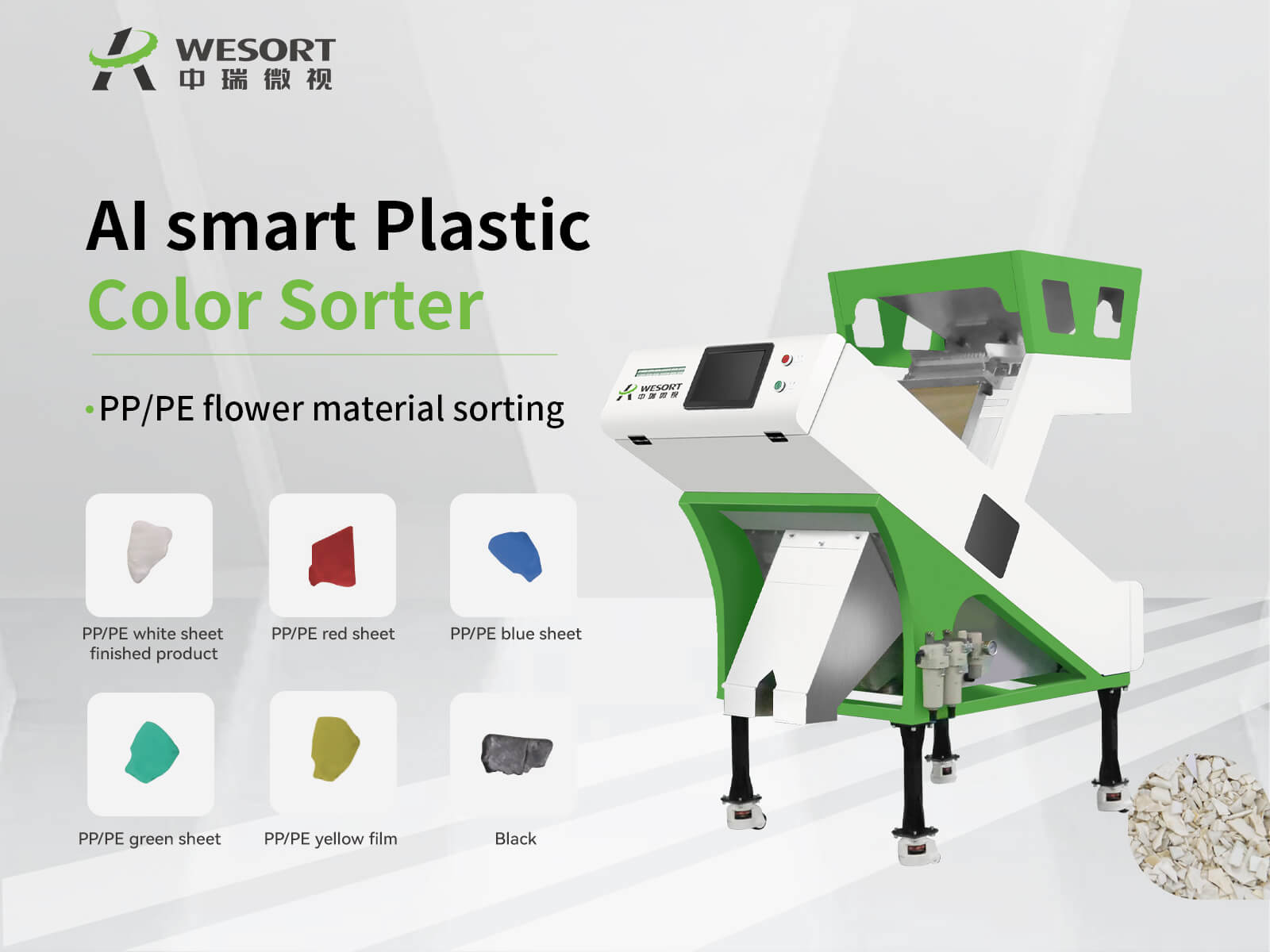
In the plastic recycling industry, purity and efficiency directly determine profitability. As global demand for recycled plastics increases, manufacturers need advanced solutions to separate impurities, improve yield, and ensure consistent product ...

In Mexico, coffee is more than just a drink — it’s a culture, a tradition, and a vital industry. Yet, challenges like impurities, pest damage, and uneven coloration often diminish the value of even the most carefully cultivated beans. At EXPO CAFÉ...
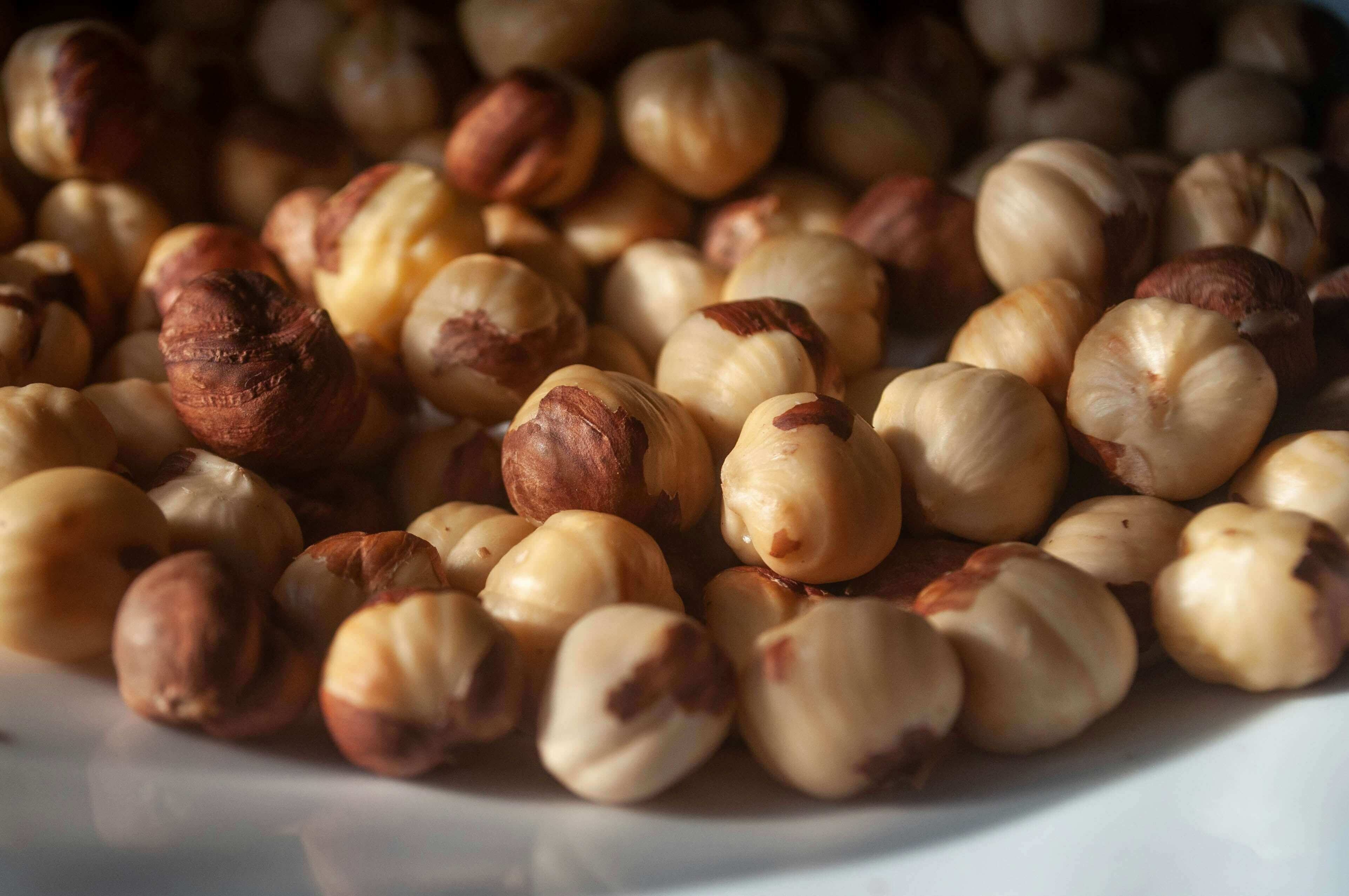
The global demand for hazelnuts continues to rise, driven by the growth of confectionery, bakery, and healthy snack markets. As consumption increases, so does the importance of quality control. Hazelnut processors face mounting pressure to deliver ...
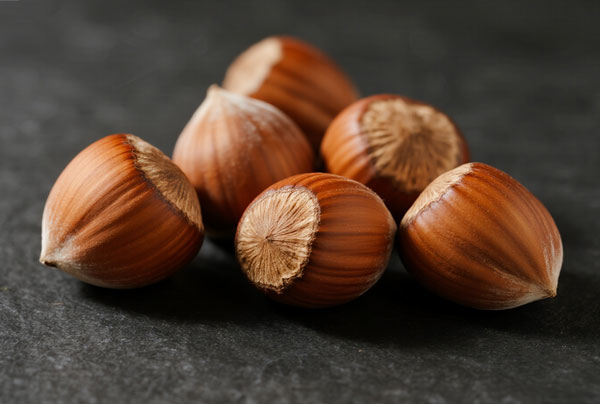
Hazelnuts are widely used in confectionery, bakery, and snacks, where product quality directly affects market value. However, hazelnut processing often faces serious challenges, such as pest infestation, seasonal labor shortages, and inconsistent m...
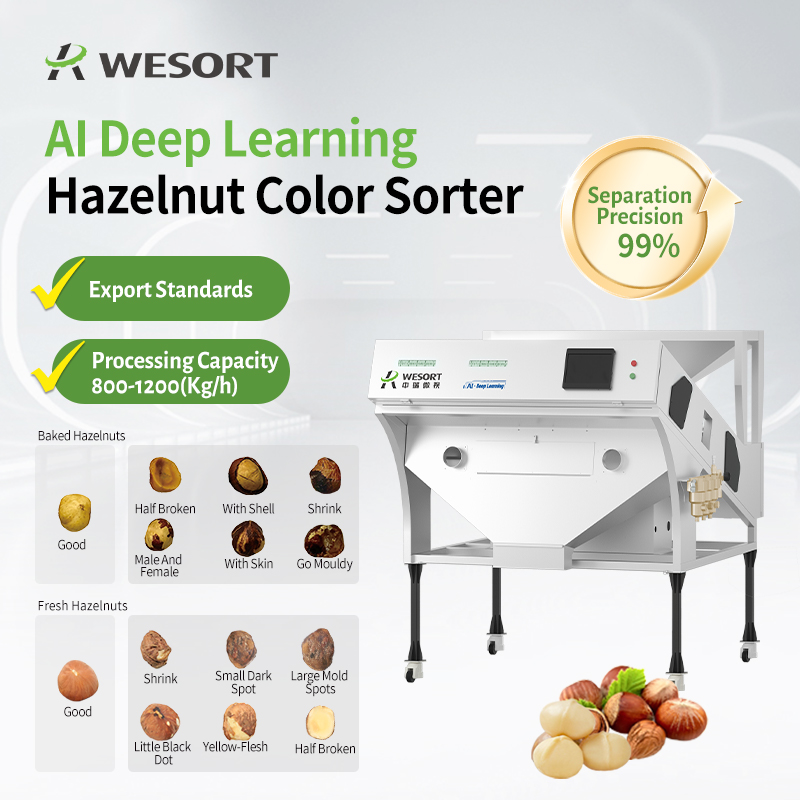
Hazelnut is the nut of the hazel and therefore includes any of the nuts deriving from species of the genus Corylus, especially the nuts of the species Corylus avellana. It is also known as cobnut or filbert nut according to species. A cob is roughl...
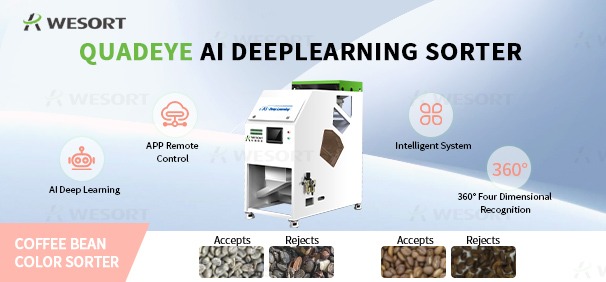
When you enjoy a smooth cup of coffee, you may not realize how much work goes into ensuring its purity and flavor. From harvest to cup, every step matters—and one of the most critical yet often overlooked stages is coffee bean sorting. Common Cof...
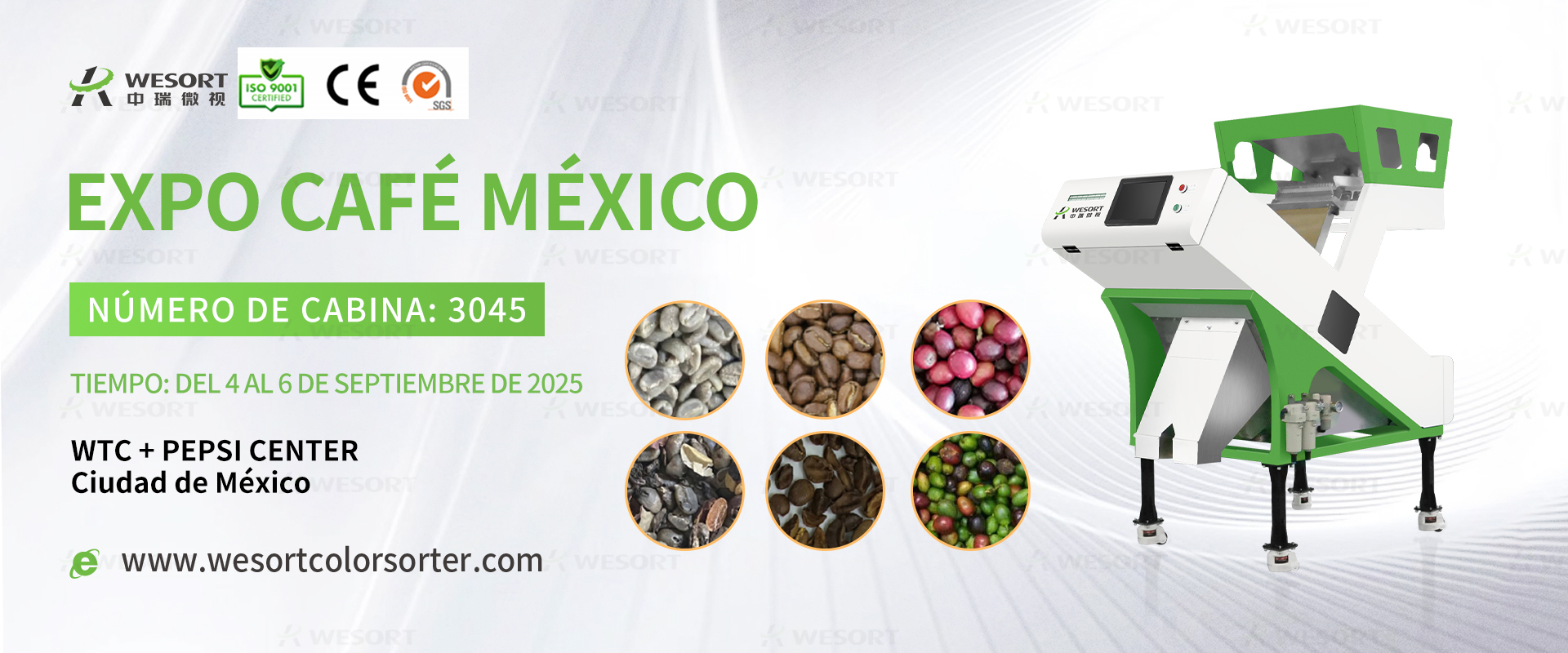
Dear Coffee Industry Partners, The Mexican Coffee Shop Expo 2025 is just around the corner—and WESORT , a leader in intelligent sorting technology, will be there to showcase our core solution for coffee processors: Coffee Bean Color Sorters. Mark...
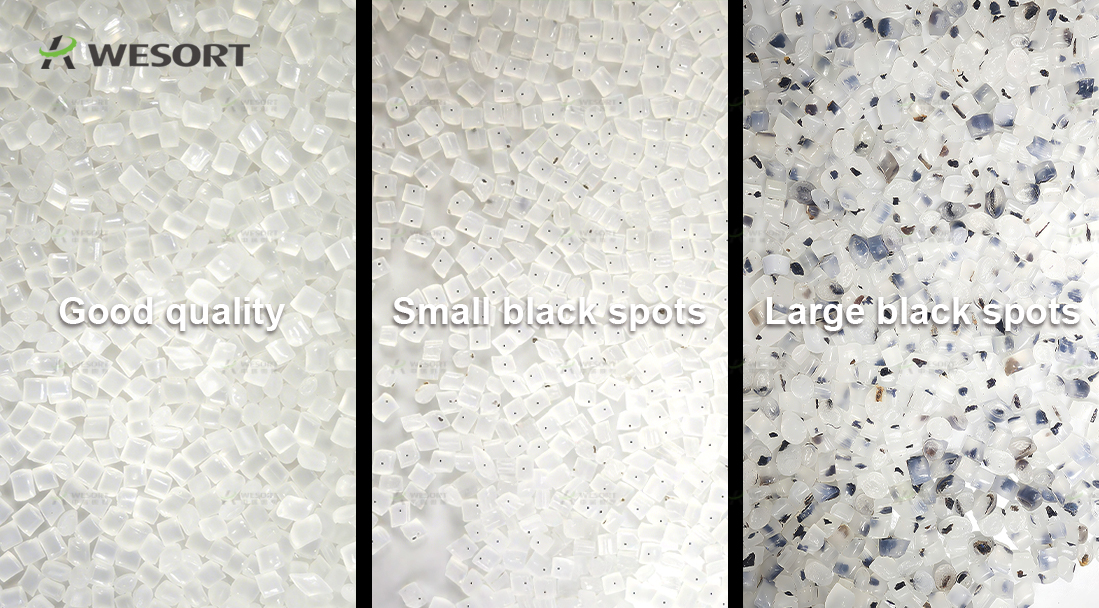
In the plastic pellet production process, color purity often directly determines the product's selling price and market competitiveness. Especially for transparent, white, or light-colored plastic pellets, even tiny black specks can affect the appe...

In modern agriculture, food processing, and recycling, quality control plays a vital role. This is where an optical sorter comes in. Many buyers often ask: What is an optical sorter? What does it do? How much does it cost? And how is WESORT optical...

In the coffee industry, the quality of the final cup often depends on the smallest details during processing. One crucial step is removing defective beans, foreign materials, and color inconsistencies. This is where a coffee bean color sorter plays...

Coffee processing is a complex and meticulous task that involves several stages to transform raw coffee cherries into the high-quality beans we enjoy in our morning brew. One crucial step in this process is the sorting of coffee beans based on thei...

In the world of walnut processing, even the smallest imperfection can significantly impact product quality, market price, and brand reputation. Mold, insect damage, broken pieces, or inconsistent color are common defects that reduce the value of wa...

From green bean exporters to specialty coffee roasters, every producer faces the same challenge: how to remove defects efficiently while protecting valuable beans. Problems such as mold, fermentation damage, insect bites, black beans, broken beans,...

To meet the growing demand for premium and specialty coffee, sorting accuracy must go beyond traditional color-based systems. The QuadEye 360 AI Coffee Bean Sorter, developed by WESORT, represents the next generation of intelligent coffee bean so...

Dear friend, If you are attending World of Coffee Dubai 2026. we would like to invite you to visit WESORT. We will showcase our QuadEye 360 AI Coffee Bean Sorter, featuring 360° four-side inspection, AI deep learning models, near-zero breakage,...

Meta Description: Looking for the top hazelnut sorting machine manufacturer? WESORT offers advanced hazelnut color sorters with AI deep learning to efficiently remove defects, pests, and foreign materials. Boost your hazelnut processing efficienc...